Noticia
The GIDTEC research group transfers its knowledge to Cuenca's industrial sector
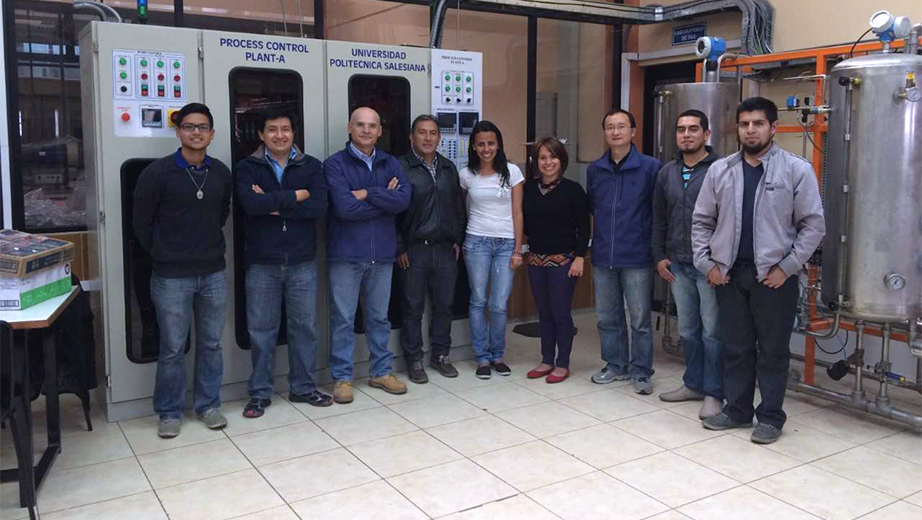
The university's Industrial Technologies Research and Development Group (GIDTEC for its acronym in Spanish. Grupo de Investigación y Desarrollo en Tecnologías Industriales GIDTEC) is currently working with CARTOPEL company and conducting research to diagnose the bearing in the dryers. The project will allow the research group to apply what they have learned in previous research.
All results obtained from research are presented through papers which are published in journal in the field of engineering. The papers that have been published are:
- "Automatic feature extraction of time-series applied to fault severity assessment of helical gearbox in stationary and non-stationary speed operation.
This project proposes a new methodology for the construction of a model of machine learning which is able to automatically extract the most relevant characteristics that define the dynamics of a process.
- "A Bayesian approach to consequent parameter estimation in probabilistic fuzzy systems and its application to bearing fault classification". This work presents the creation of a probabilistic-diffuse system of multiple inputs and multiple outputs with the learning of a set of rules interpretable from data measured in the process. The usefulness of the resulting system was evaluated in a task of diagnosis of different types of failure in bearings, these are the most important elements in the rotary machines.
- "Attribute clustering using rough set theory for feature selection in fault severity classification of rotating machinery". The original and significant contribution of this work is that the proposed algorithm has the property to evolve, allowing the dynamic adjustment of the structures of groups found during the grouping process. The proposal was tested for the selection of important attributes in the problem of classification of failure severity in bearings and gears.
- " Integration in industrial automation based on multi-agent systems using cultural algorithms for optimizing the coordination mechanisms". The development of formal models of interaction protocols between agents and the incorporation of collective learning strategies into distributed artificial intelligence, to optimize the use of multi-agent coordination protocols, based on their processing and communication costs. This proposal contributes to intelligent industrial integration schemes, both at the data and service levels.
GIDTEC plans to cooperate with hydroelectric plants and other local companies to improve productivity in the region and the country.
Contenidos Relacionados
Contenidos Relacionados
Noticias Relacionadas
Noticias Relacionadas

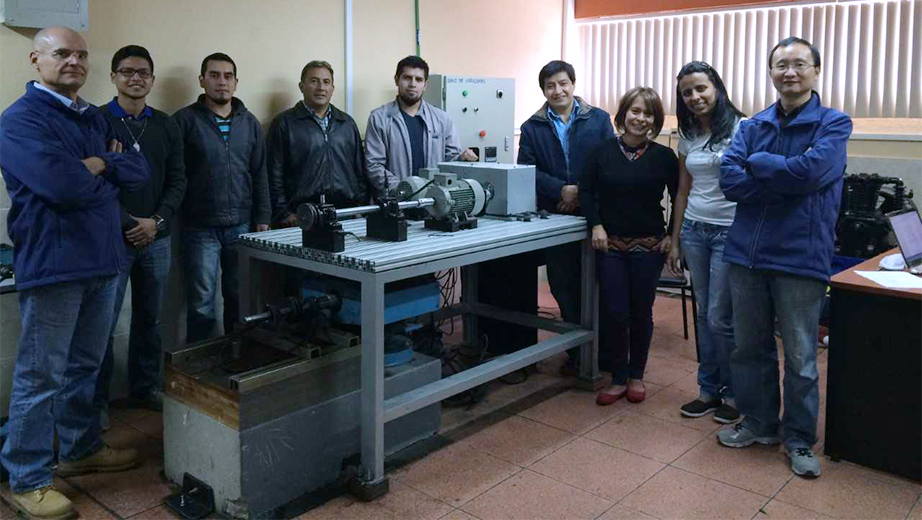
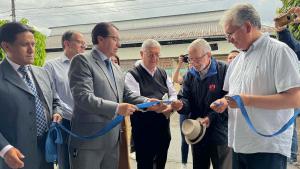
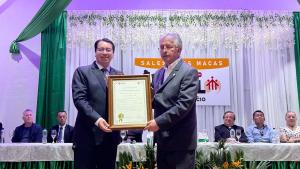
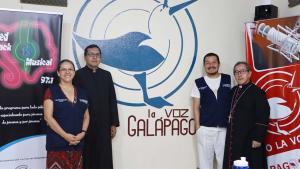
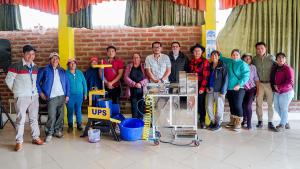
Follow us
Follow us